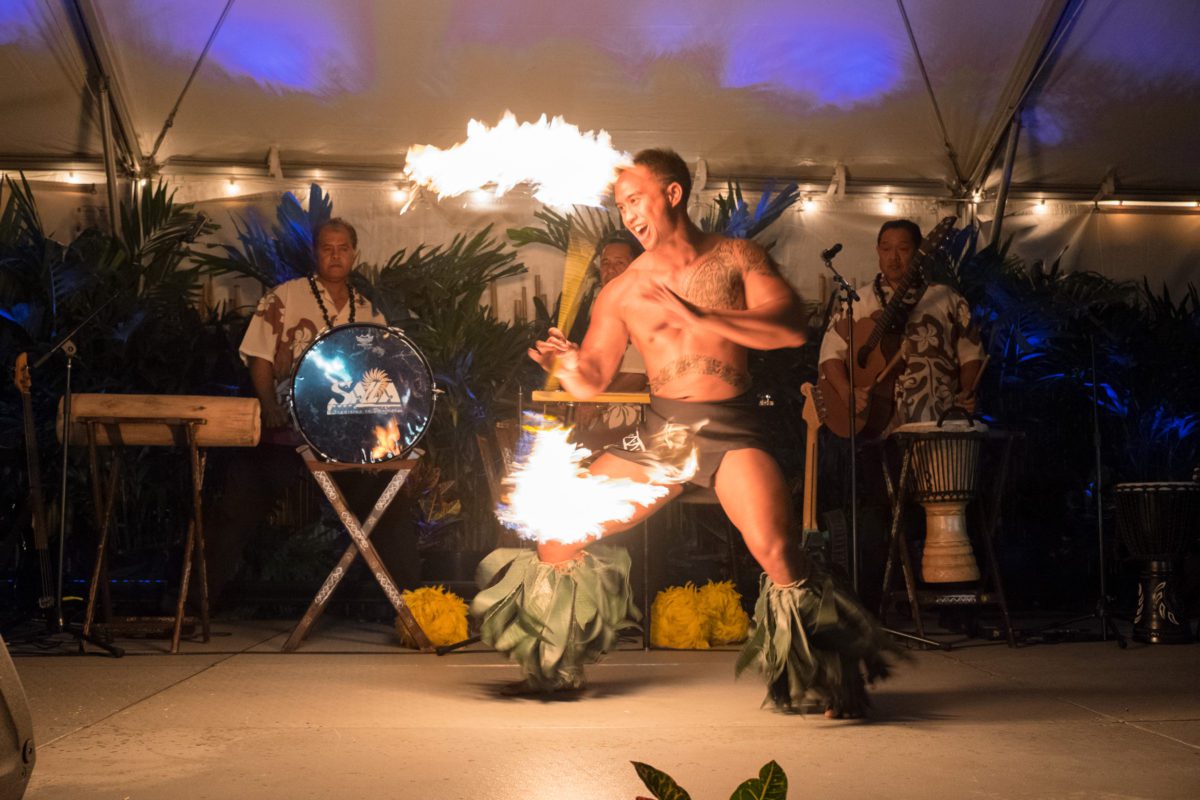 |
| Nikon D750, AF-S NIKKOR 28-300mm f/3.5-5.6G ED VR, ISO 5000, ƒ/25, 1/40–off camera flash with Alienbees B1600 powered by Vagabond and triggered using the Pocketwizard system. |
Many people will talk about being Baptized by Fire when they take on a new responsibility. New responsibility is when you sink or swim, as one might also say about a new job.
A new IT industry movement is called “Coder Boot Camp.” 12 Weeks To A 6-Figure Job was a piece first published in December 2014 but continues to get traction.
One fan of these programs is President Obama. In March, the White House announced the TechHire initiative to help communities recognize, and hire, boot camp graduates in order to close the famous “skills gap.”
“There’s a lot more we can do together to make sure that more Americans benefit from a 21st century economy,” Obama said to the nation’s mayors. “Folks can get the skills they need in newer, streamlined, faster training programs.”
According to a recent report on NPR:
These programs promise, for several thousand dollars, to take people and in a manner of weeks, turn them into job-ready Web developers.
Virtually unknown just four years ago, today at least 50 of these programs have sprung up around the country and overseas. Collectively, the sector has taken in an estimated $73 million in tuition since 2011.
And the top programs say they are placing the vast majority of their graduates into jobs earning just under six figures in a rapidly expanding field — filling a need for practical, hands-on skills that traditional college programs, in many cases, don’t.
 |
| Photo by Robin Nelson |
Since 2006 I have been part of a Photography 12-week boot camp that provides similar training for those wanting to know photography.
The students in the course I work with each year in Kona, Hawaii, do nothing but this one class for 12 weeks. The more I heard about the “Coder Boot Camp” on NPR while driving, the more I realized this is what we have been doing in that class.
I do not think a boot camp replaces a college degree. Multiple impact career advancement and promotions; however, having a bachelor’s degree can be a significant factor. Employers often view a college-educated employee as motivated to learn, able to meet deadlines, and have problem-solving and communication skills. In addition, many management and administrative positions require a bachelor’s or master’s degree.
What a boot camp does that a college degree doesn’t always do is train you in those efficient skills you need each day in the profession.
 |
| Nikon D4, AF-S NIKKOR 14-24mm f/2.8G ED, ISO 12800, ƒ/8, 1/100 |
The multimedia workshops that I am now teaching have no tests and grading. No one cares in the industry if you graduated Magna Cum Laude; they want to see your portfolio. The boot camp experience is where you will spend a lot of time hands-on and producing, just like you would on a real job.
The difference between the job and the boot camp is the coaching and teaching that comes with the instructors. They will review your work and help guide you to help you produce a portfolio that, without the instruction, would have taken you a much longer time to do on your own.
Photography has very few Boot Camp Programs where in 12 weeks, you get the practical skills to start working as a professional. The School of Photography program that Dennis Fahringer runs in Kona, Hawaii, with the University of the Nations is the only one I know. We design it for Christians who want to use photography in ministry/missions to impact the world.
There are shorter workshops that will teach a specific skill, as I do with my Multimedia Workshop or Lighting Workshops, where you learn in a short period a skill.
+/- Photography Boot Camp
- The most important key element about attending a Bootcamp was a COMMITMENT to and PASSION for learning the technology. You will get a great deal out of the program if you bring an insatiable desire for knowledge.
- You realize that a portfolio will get you hired, not how many classes you have taken.
- You take on all the projects with the desire to redo any part of the process until it is portfolio worthy.
- If you are not carrying your camera around most of the time, this is a good clue you might not benefit from this program.
- If you find spending 8+ hours a day doing nothing but photography too much, then you need to avoid this.
- If you have trouble dealing with criticism, this isn’t your profession. While no one enjoys a fuss, the person with a passion realizes they need to get better and welcome the complaint rather than recoil.
I am a lifelong learner and realize that every few years, I must dive deeply into something new that I need to learn. The deep dive might be a class to learn new software or going to a workshop to learn about a new piece of gear. Whatever the case, I realized long ago that I will never know all there is to know about photography and that I can always learn something new.
I have a one-week Bootcamp in Multimedia Narrative Storytelling in Mexico with Coffee Growers. Click here to learn more.


